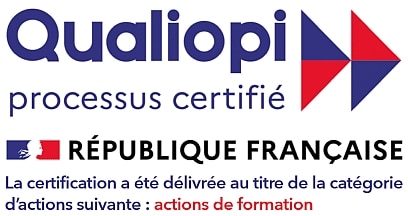
Expert en formation Banque, Assurance et Asset Management depuis 1986
Plus de 10 000 professionnels choisissent l’Afges chaque année pour se former, en présentiel ou en distanciel, en français ou en anglais, en entreprise ou dans notre centre de formation à Paris.


















